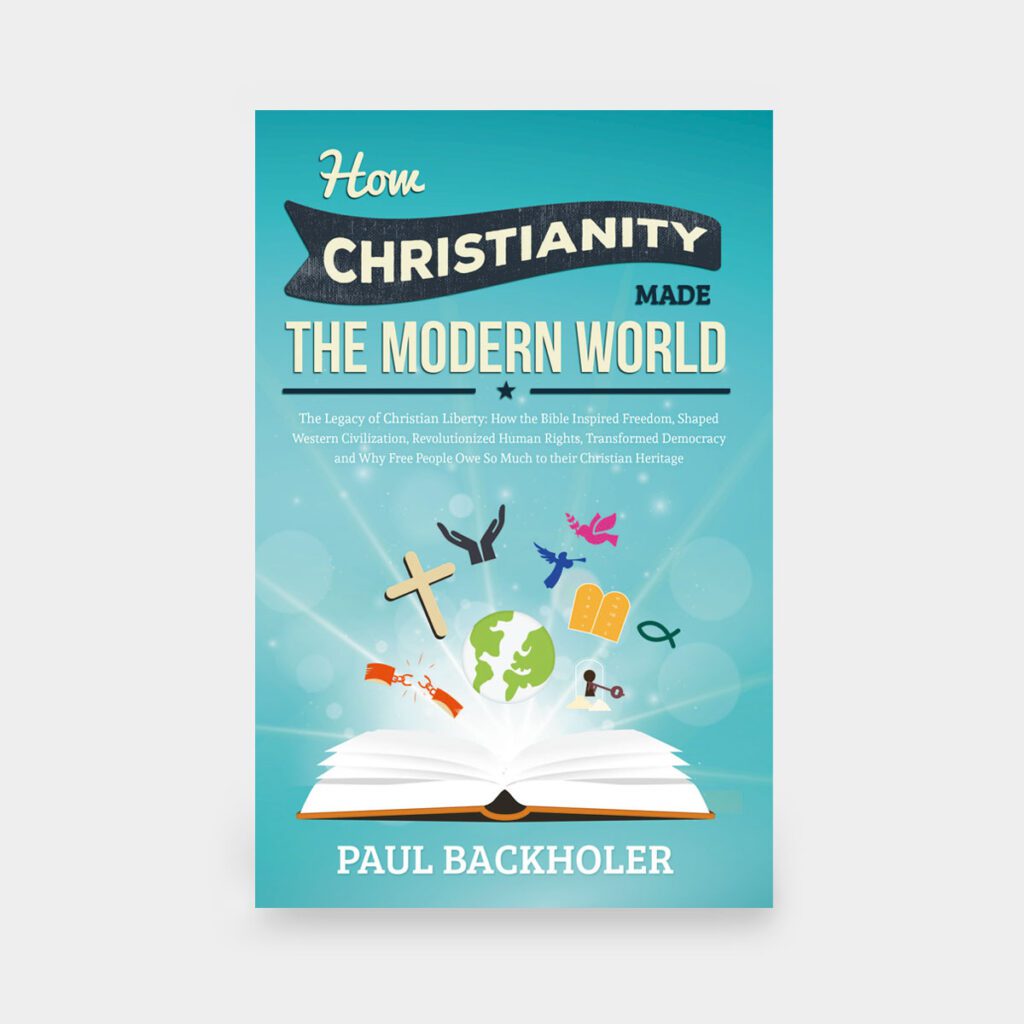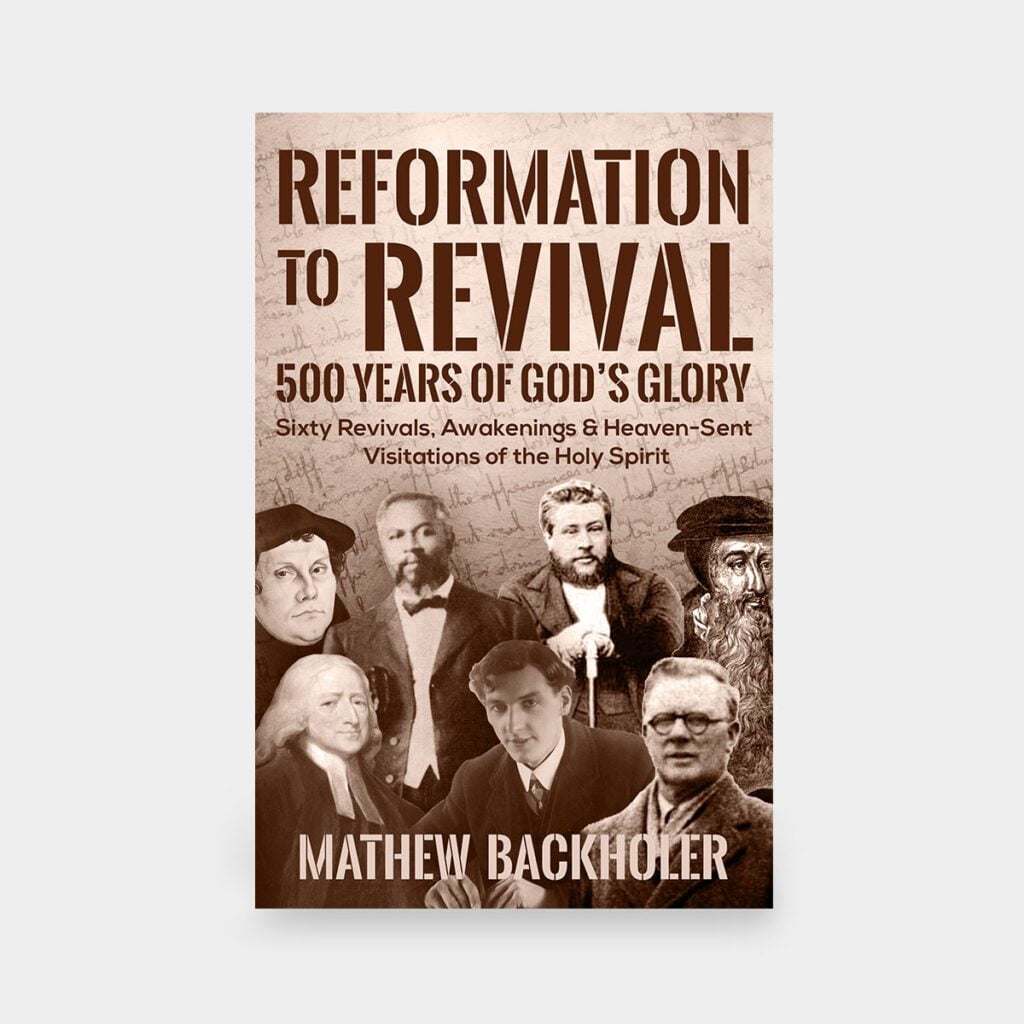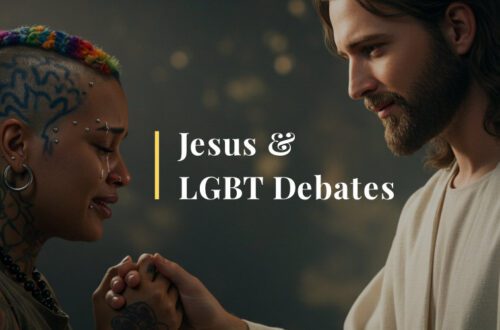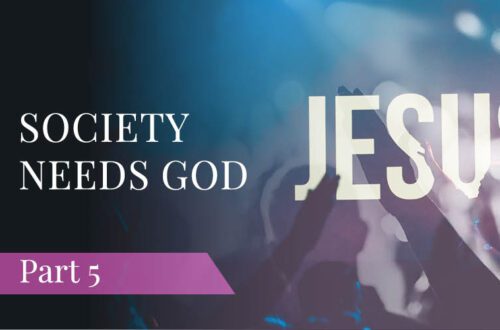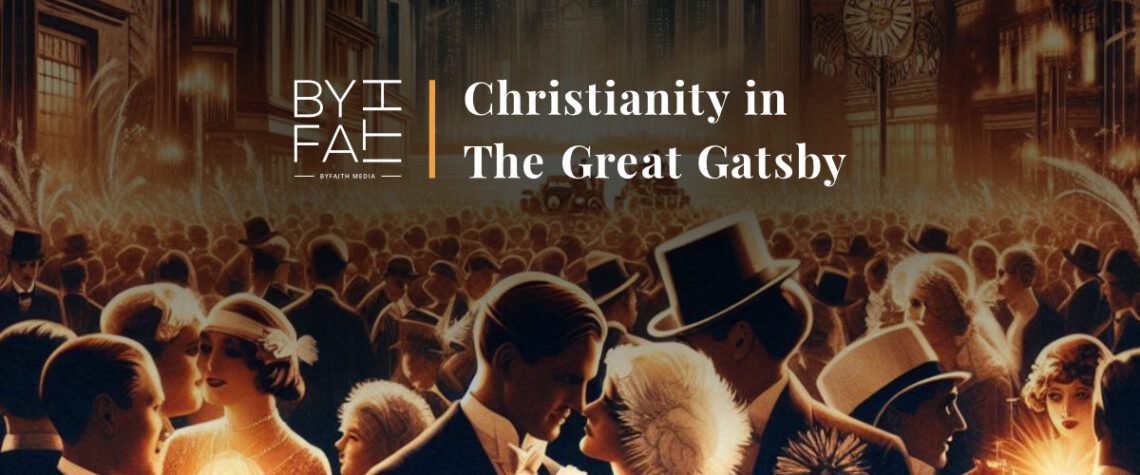
Christianity in the Great Gatsby by F. Scott Fitzgerald
God is watching is an important theme of The Great Gatsby, a classic American novel by F. Scott Fitzgerald that explores the struggles of wealth, class, love and the American Dream in the 1920s. The story revolves around Jay Gatsby, a mysterious millionaire who throws extravagant parties in hopes of reuniting with his former love, Daisy Buchanan. The novel offers a poignant commentary on the excesses of the 1920s Jazz Age and the disillusionment that accompanies the pursuit of wealth and status.
The eyes of the Lord are in every place, beholding the evil and the good
– Proverbs 15:3
Fitzgerald highlights the importance of the billboard of Doctor T. J. Eckleburg in the novel, with its giant blue eyes overlooking the valley of ashes, serving as a powerful symbol of the all-seeing eyes of God watching over the characters and their actions. This image represents the moral judgment that permeates the book, even in a society that seems to have forgotten about God.
The eyes of Doctor T. J. Eckleburg, blue and gigantic, looked over the valley of ashes. They had a certain dead look in their eyes, as if they had been looking over the valley of ashes for a long time
– Nick Carraway, The Great Gatsby
The eyes of Eckleburg act as a constant reminder of the consequences of immoral behaviour and their presence casts a shadow over the lives of the characters. God sees how the rich use the poor and how they abandon them to suffering, poverty and death. He also sees that chasing wealth, status and the vanity of a youth lost, is all vain.
He who loves money will not be satisfied with money, nor he who loves wealth with his income; this also is vanity
– Ecclesiastes 5:10
A major character, Tom Buchanan, is a wealthy, arrogant and physically imposing person. He is married to Daisy Buchanan and his affair with Myrtle Wilson, a lower-class woman, is a major catalyst for the events in the novel. Tom represents the old money aristocracy and embodies the abuse of privilege, including infidelity, violence, and a sense of entitlement.
They were careless people, Tom and Daisy – they smashed up things and creatures and then retreated back into their money or their vast carelessness or whatever it was that kept them together, and let other people clean up the mess they had made
– Nick Carraway, The Great Gatsby
The Great Gatsby delves into the absence of religion among the upper echelons of society, underscoring a corresponding moral vacuum. While working-class characters like George Wilson express faith in God and fidelity, the wealthy characters remain largely devoid of Christian belief. This lack of faith contributes to their materialistic pursuits and morally questionable actions. For instance, Tom Buchanan’s affair with Myrtle Wilson and his callous disregard for human life demonstrate the consequences of a society that has abandoned all fear of God. Meanwhile, the working-class George Wilson, still fears God, even if he has no religious affiliation.
“I spoke to her,” he muttered, after a long silence. “I told her she might fool me but she couldn’t fool God. I took her to the window.”
With an effort he got up and walked to the rear window and leaned with his face pressed against it, “and I said ‘God knows what you’ve been doing, everything you’ve been doing. You may fool me but you can’t fool God!’ ”
Standing behind him Michaelis saw with a shock that he was looking at the eyes of Doctor T. J. Eckleburg which had just emerged pale and enormous from the dissolving night. “God sees everything,” repeated Wilson
– George Wilson, The Great Gatsby
Gatsby’s character is also imbued with religious symbolism, even though he is flawed. His idealistic pursuit of pure, innocent romantic love can be seen as a form of spiritual searching. All the money in the world meant nothing to Gatsby and he hated the parties that were thrown to draw Daisy back to him.
The novel ultimately critiques the moral decay of the Jazz Age, highlighting the emptiness and disillusionment that results from a society that neglects spiritual values, seeking distraction and possessions. In their pursuit of wealth without restraint, even the World Series could be fixed.
It never occurred to me that one man could start to play with the faith of fifty million people – with the single-mindedness of a burglar blowing a safe
– Nick Carraway, The Great Gatsby
The novel indicates that the pursuit of entertainment and material possessions will lead to a loss of moral compass and a spiritual void. Two significant books are mentioned, Town Tattle, the Broadway scandal magazine represents the gossipy, sensationalised culture of the Jazz Age, and Simon Called Peter, a religious text about the deeper life of faith. This juxtaposition highlights the superficiality and moral decay of the upper-class society portrayed in the novel. The characters are more interested in gossip and scandal than in meaningful literature or faith in Christ. By contrast, Michaelis serves as a foil to the wealthy and morally corrupt characters. He is a kind and sympathetic figure of faith who represents the working class and offers a sense of humanity and compassion.
“Have you got a church you go to sometimes, George? Maybe even if you haven’t been there for a long time? Maybe I could call up the church and get a priest to come over and he could talk to you, see?”
“Don’t belong to any.”
“You ought to have a church, George, for times like this. You must have gone to church once. Didn’t you get married in a church? Listen, George, listen to me. Didn’t you get married in a church?”
“That was a long time ago”
– Michaelis to George Wilson, The Great Gatsby
By exploring the consequences of a society that has abandoned its Christian heritage, The Great Gatsby serves as a cautionary tale about the importance of faith and morality in human life. The book is a relatively short novel, at around 180 pages and is an easy read. It claims no religious direction, but warns of what happens to a society without God.
Greater love hath no man than this, that a man lay down his life for his friends
– John 15:13
In the end, Gatsby takes the blame for Daisy’s sin and it costs him everything. He chased the dead past and an innocence lost. His death in the pool is reminiscent of baptism, suggesting a cleansing of his soul for his sins and the end of the roaring 20s, an age of excess. When the party was over, it was only Gatsby’s simple working-class father that loved him, as witnessed by Nick Carraway.
See what great love the Father has lavished on us, that we should be called children of God! And that is what we are
– 1 John 3:1
By Paul Backholer. Find out about Paul‘s books here.


